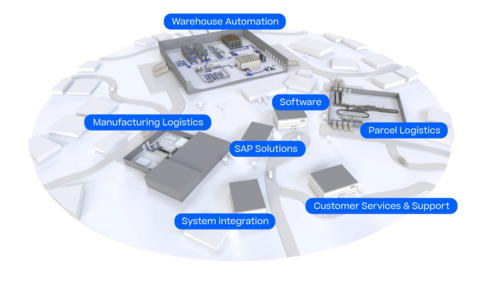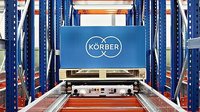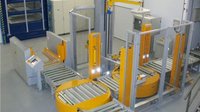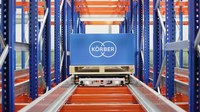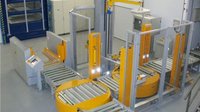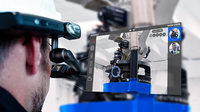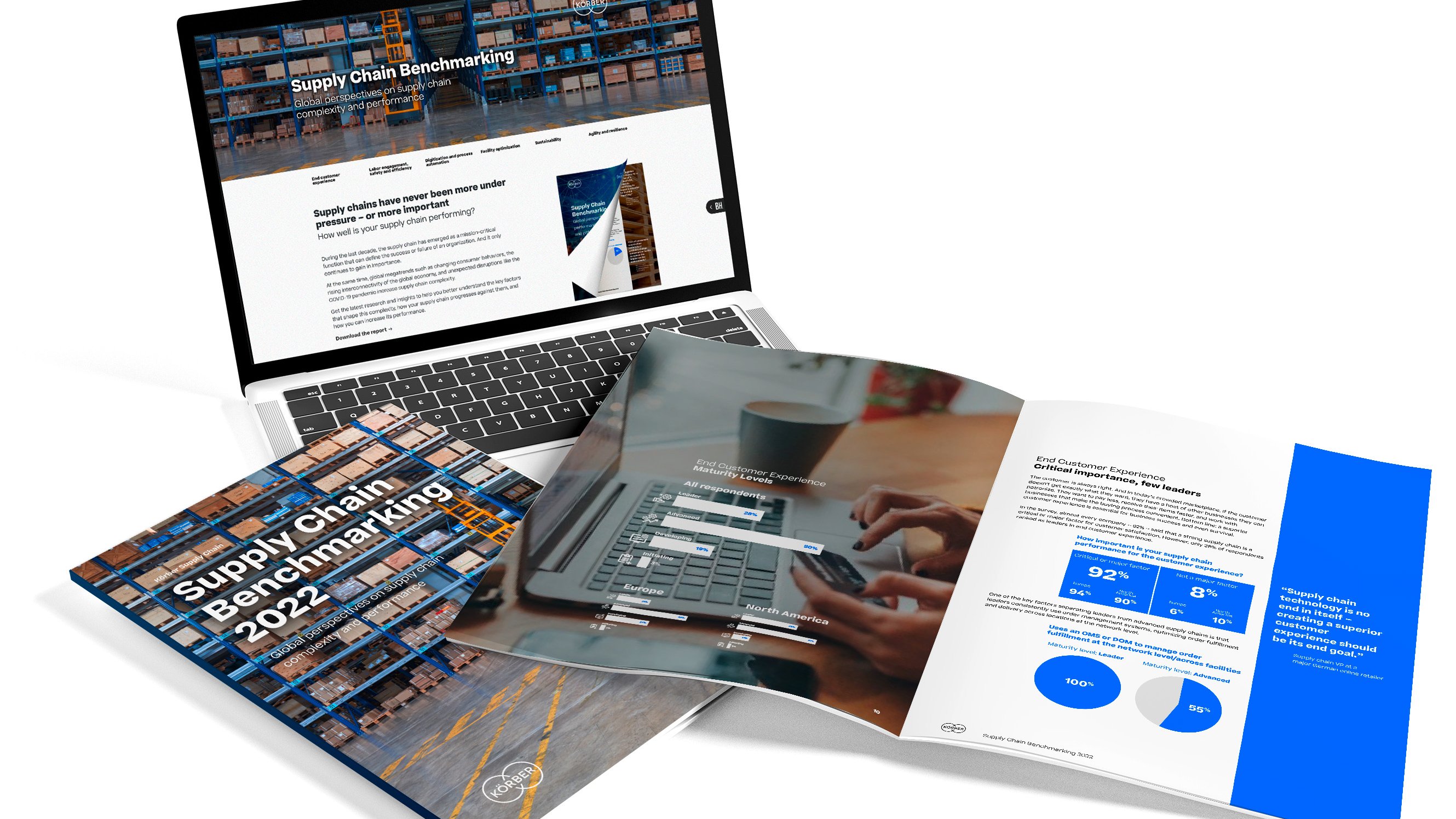
Press Release
First-of-its-kind study reveals gaps in knowledge and attitude to conquer supply chain complexities
Awareness of the external factors driving supply chain complexity is high. Yet, there is room for improvement in implementing measures to increase customer satisfaction, labor efficiency, or process automation. This is the conclusion of Körber’s Supply Chain Benchmarking Report, according to which a majority of businesses struggle with the rapid expansion of e-commerce and increasing interconnectivity of the global economy.
The results, based on a representative survey among more than 200 companies, shed unparalleled insight into key challenges in the industry, as well as best practices to improve supply chain performance and operation. The survey found that digitization is a strategic priority for 84% of surveyed businesses; however, only a minority uses automated, paperless end-to-end processes throughout their supply chain. Displaying the relevance of (cross-site) management software, employee engagement tactics (e.g. voice), or sustainability concerns, the report serves as an important resource for supply chain professionals to identify where they are performing well – and where there is greatest potential for improvement.
“The research demonstrates that companies recognize increasing supply chain complexities and are acting to leverage the potential of the digital era. There is a growing awareness that many challenges can be overcome, and a competitive advantage gained, with supply chain technology. 35% identified as leaders perform outstandingly well through investing in employee engagement, concrete implementation plans for sustainable practices and through advanced levels of digitization with consistent process automation,” says Rene Hermes, Executive Vice President and Chief Marketing Officer at Körber Supply Chain - Software.
Körber’s Supply Chain Benchmarking Report 2022 was divided into six operational areas: Labor engagement, efficiency and safety, end customer experience, sustainability, agility and resilience, digitization and process automation and facility optimization. Based on this, participating companies were grouped into the following maturity levels: leader, advanced, developing and initiating. Of this, 35% were identified as “leaders” (top performers), differentiated with future-proof processes.
Key results from the Körber Supply Chain Benchmarking Report 2022:
- Two thirds of supply chain executives are not satisfied with their staffing levels. As a result, gamification and other technologies to increase employee engagement are being deployed on a wider scale among 73% of leaders.
- 92% of respondents see a direct influence of customer satisfaction on supply chain performance. This explains why order management systems (OMS) are on the rise. These solutions directly impact the accuracy, speed and cost of fulfillment. All leaders in this category use an OMS, whereas this is the case for just more than half of advanced businesses.
- Sustainability is especially important – a top priority for 89% of businesses. Leading companies are three times more likely to shift to more sustainable packaging materials and four times more likely than advanced companies to implement circular economy projects.
- Digitization and process automation is the highest priority for 84% of all businesses. Within this operative area, 59% of leaders can implement projects with in-house resources compared to just 23% of advanced businesses.
“While the industry agrees that supply chain complexity is real and growing, there is often no clear understanding of its underlying causes and of suitable initiatives that can improve performance in today’s challenging and ultra-volatile markets. Everyone is looking for agility and resilience, but there is none of that possible without identifying the true levers within your own global supply chain operations. The benchmarking survey we conducted on behalf of Körber is the first to leverage the key factors driving complexity to answer these questions and determine what practices distinguish leading organizations”, adds Sebastian Feldmann, Partner and global Co-head of the Supply Chain & Logistics COE at Roland Berger Management Consultants.
The survey questioned more than 200 companies in North America and Europe with at least 500 employees and is part of a broader research initiative in cooperation with leading international analysts. Full findings are available at benchmarking.koerber-supplychain.com. The site also offers a rapid self-assessment to provide visitors a first view into the maturity of their own supply chain operations.
Share this article
